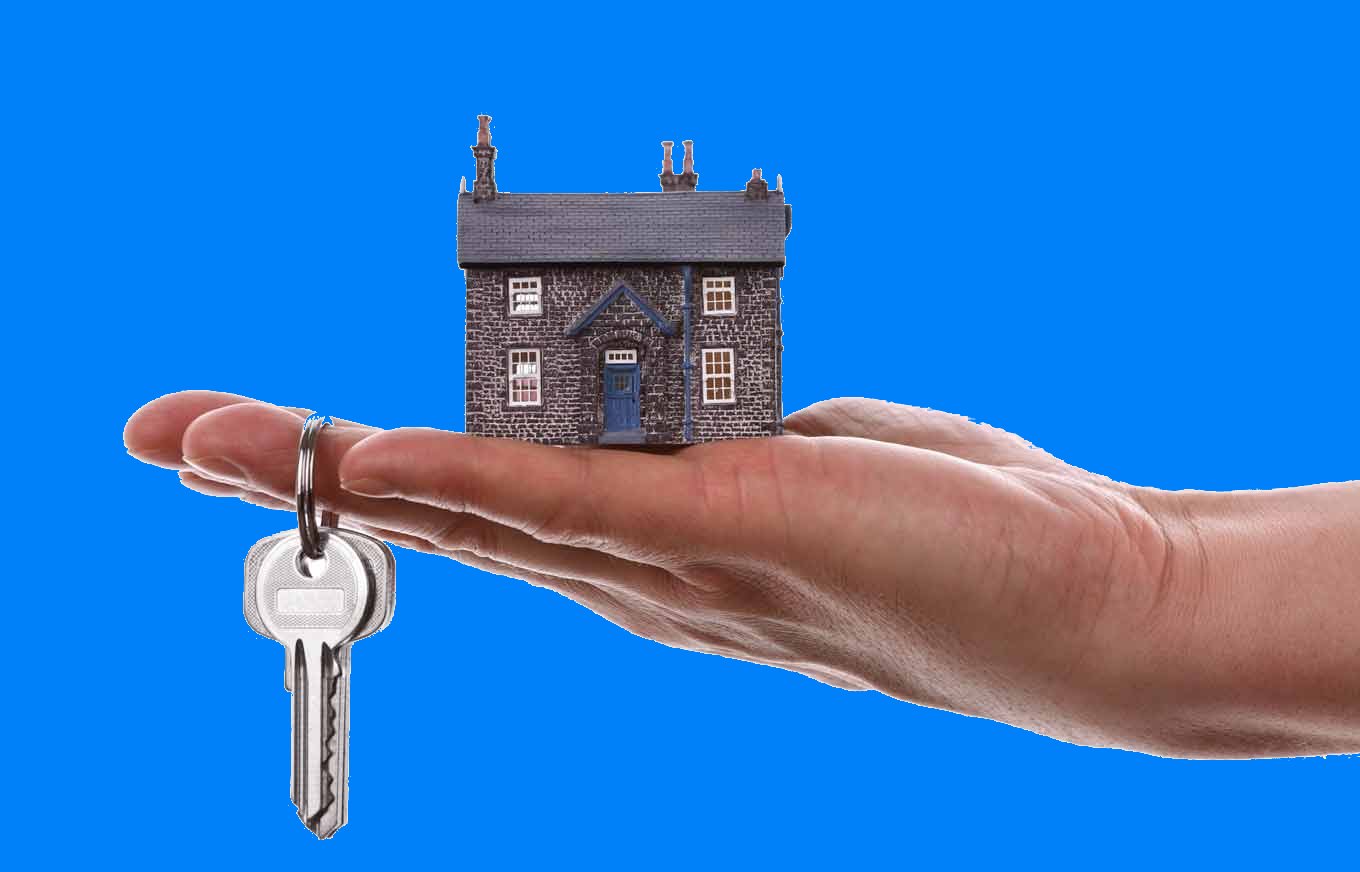Buy to Let Mortgages
Choosing the right mortgage is essential
Whether you are investing in buy to let properties for the potential income or for the potential capital appreciation, choosing the right mortgage is essential.
1 How does a buy to let mortgage differ from a regular mortgage?
Buy to let mortgage
Put simply, business buy to let mortgages are for properties you purchase with the intention of renting them out to a third party. Consumer buy to let mortgages are for ‘accidental landlords’. Both types of buy to let mortgages differ from traditional mortgages in that:
Interest rates are 1-2% higher:
This is because Lenders view a property that you are not going to personally live in as a greater risk. Tenants do not have the same incentives as an owner occupier to look after the property and there may be times when the rental income does not cover the mortgage payments.
The minimum deposit is 25% of loan value:
While for a residential mortgage it is possible to pay as little as 5% deposit (so £10,000 deposit on a £200,000 mortgage), Lenders like you to have a larger personal stake in a buy to let property as it reduces their risk whilst also giving them more chance of recouping their debt should they have to repossess the property.
You are eligible for a range of tax deductibles:
These could include:
Mortgage interest payments
Rental insurance
Property maintenance
Lettings agent fees
Be sure to contact a tax expert to see the full list for your situation.
The rental income generated by the property is also taken into consideration, and can affect the amount of money a lender is prepared to offer you. Typically the rent needs to cover 125% of the monthly mortgage payment (so if the mortgage payment is £500 a month, the rent must be at least £625 a month) , which is usually calculated on a notional interest rate of 5%. However, there are a number of variations on this, and it’s important to discuss this up front, if you’re looking to maximise your borrowing potential.
Lenders may also impose other restrictions or conditions on applications for a buy-to-let mortgage such as a minimum age, being an existing home owner and/or being resident in the UK. The property will need to be in a condition to be let and there may be restrictions on the number of bedrooms, number of floors or number of units in a block. HMO’s (Houses in Multiple Occupation) also have different rules and have separate criteria to standard residential buy to lets, and may or may not be subject to licencing by the local authority.
2 Can I still get a buy to let mortgage if I…
…don’t own a residential property?
…want to rent out the property I own and mortgage a new one?
…am retired or am entering retirement?
…already have mortgages on other properties?
…intend to buy as a Limited Company?
…don’t have a regular earned income?
…plan to build the property myself?
…don’t live in the UK?
Possibly,
YES!
PreMortgage has access to the whole of market and is experienced in finding the most suitable mortgage product for less conventional situations. Also with the upcoming changes to buy to let / let to buy, it’s never been more essential to get the right advice. Please call one of our expert advisers and we will be happy to assess your unique needs.
However, do be aware that it is considered “mortgage fraud” to either let a property while only paying for a residential mortgage, or to move into a property that you have told the lender you are renting out. Make sure you are upfront with your broker / lender about your plans during the application process.
THINK CAREFULLY BEFORE SECURING OTHER DEBTS AGAINST YOUR HOME. YOUR HOME MAY BE REPOSSESSED IF YOU DO NOT KEEP UP REPAYMENTS ON A MORTGAGE OR OTHER DEBT SECURED ON IT.

